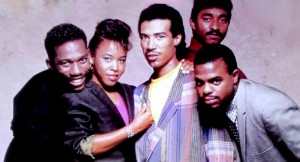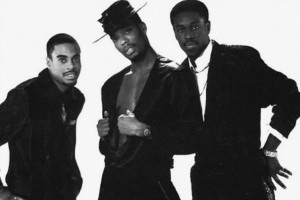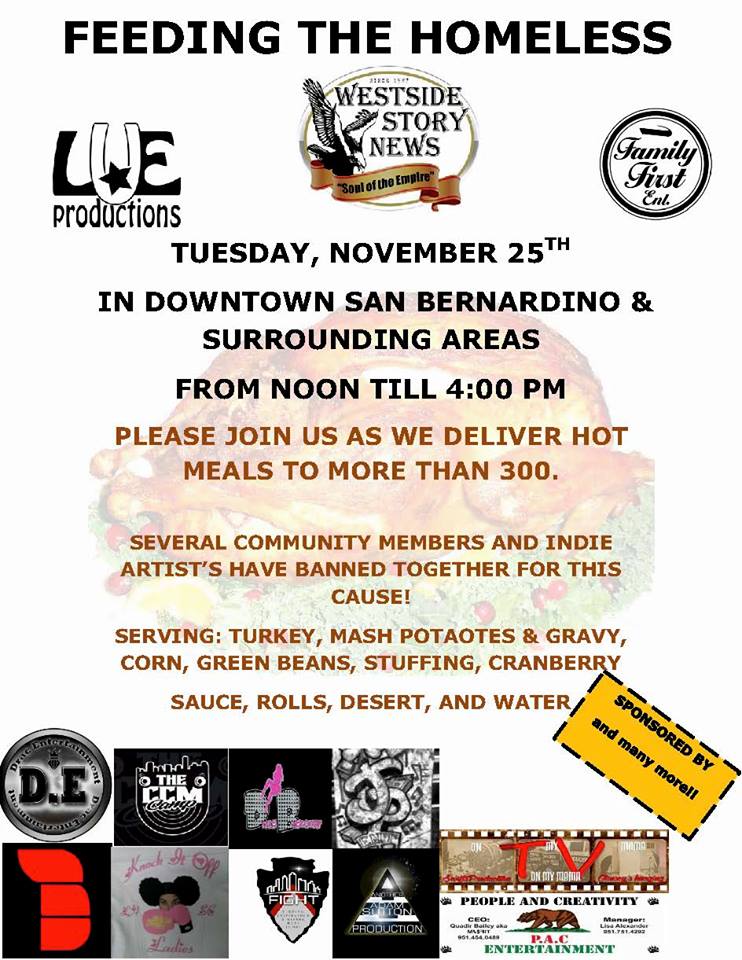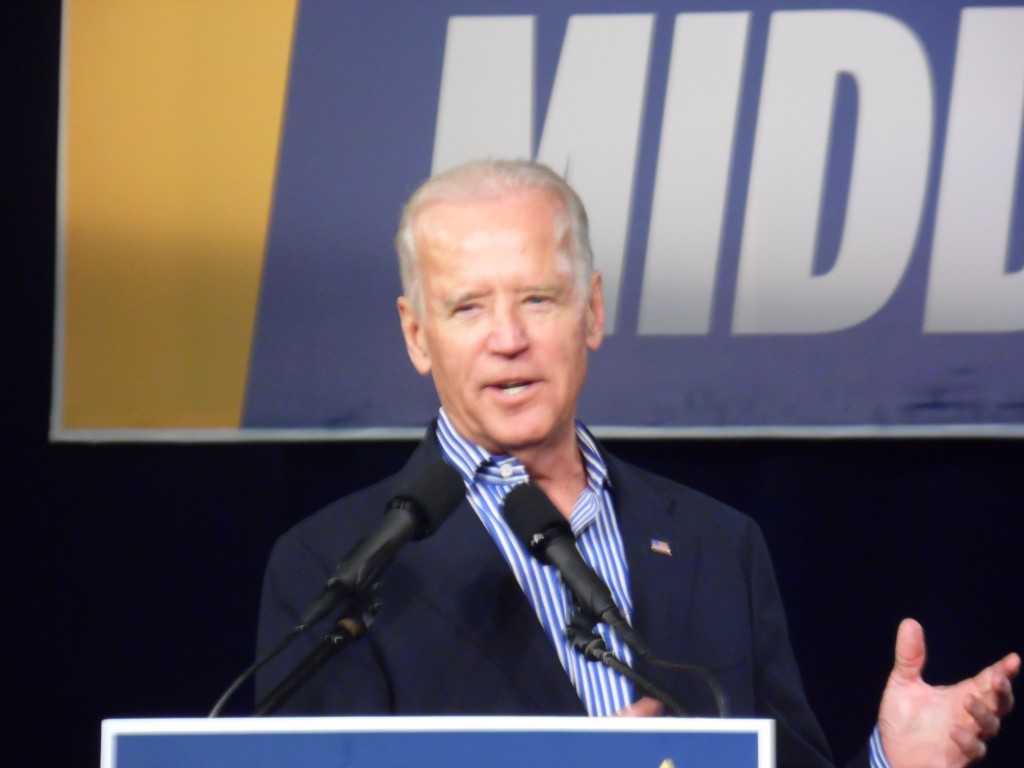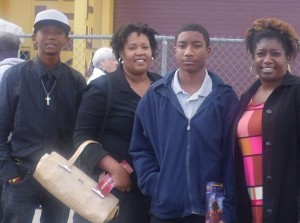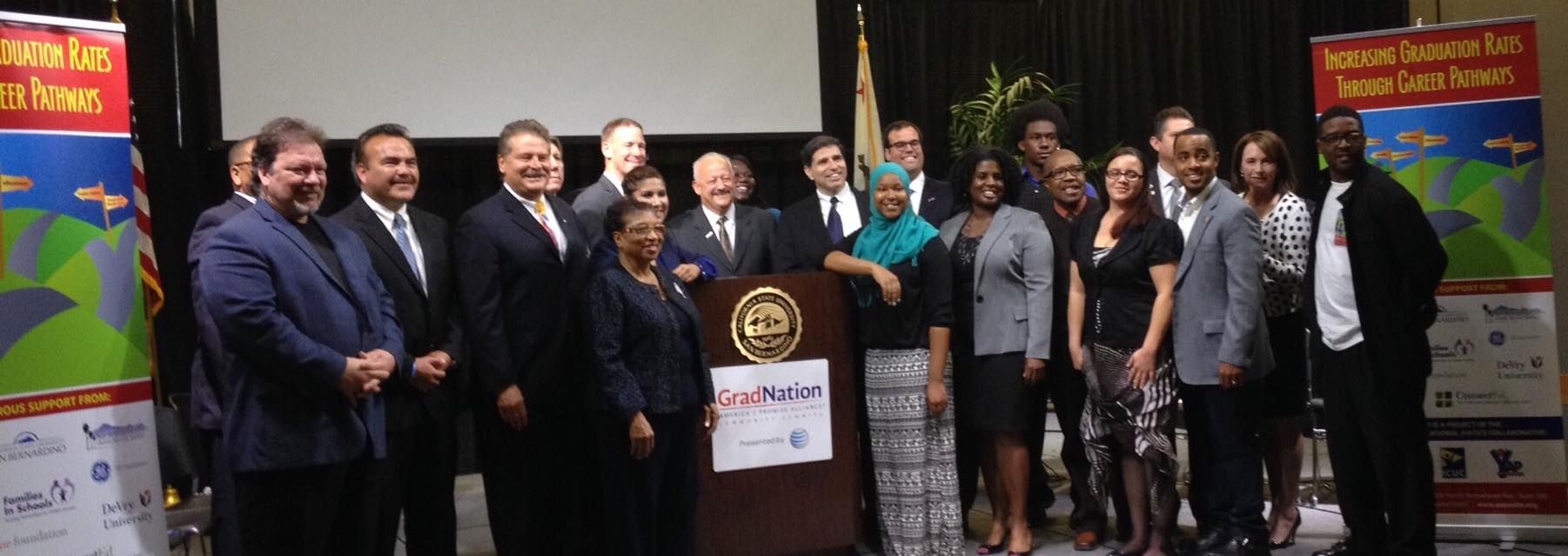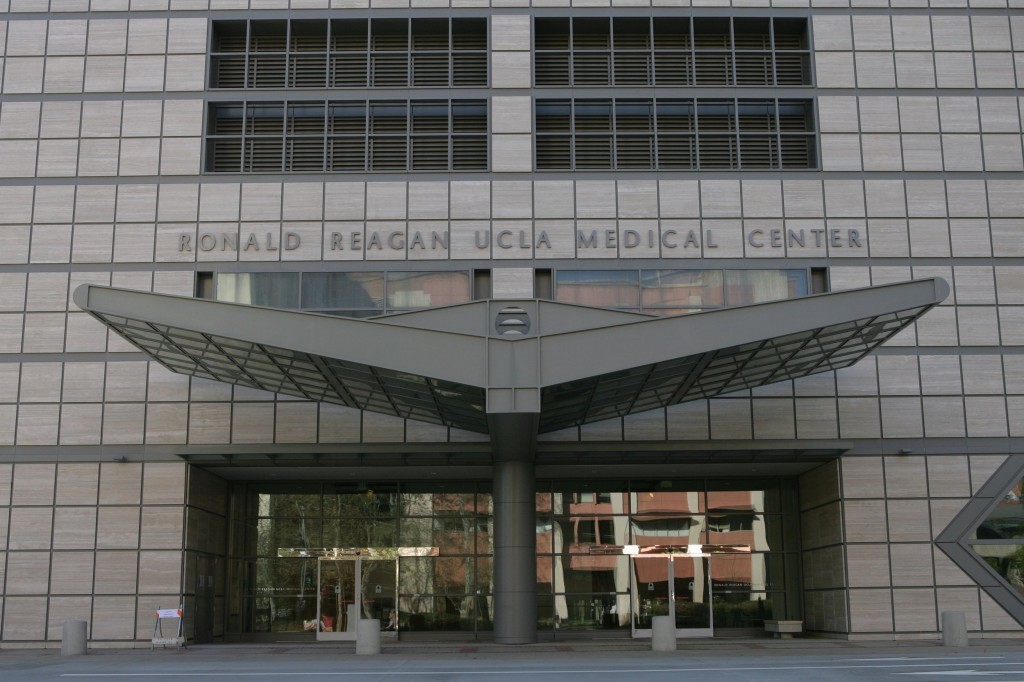“You’re Threading on Dangerous Grounds… Careful!”
By Lou Coleman
The Word coming from most pulpits today is weakening, rather than empowering God’s people. Careful! The apostle Paul wrote to his young protégé, Timothy, warning him to do the things that will avoid the trend we are now seeing in the church. “I charge you therefore before God and the Lord Jesus Christ, who will judge the living and the dead at His appearing and His kingdom: Preach the Word! Be ready in season and out of season. Convince, rebuke, exhort, with all longsuffering and teaching. For the time will come when they will not endure sound doctrine, but according to their own desires, because they have itching ears, they will heap up for themselves teachers; and they will turn their ears away from the truth, and be turned aside to fables. But you be watchful in all things, endure afflictions, do the work of an evangelist, fulfill your ministry” {2Tim. 4:1-5}. I tell you, as shepherds of God’s flock, preachers should have no scruples to preach the Truth as it is found in God’s Word. Let the Truth cut. So what! The Truth always cut one way or the other. I have been shown that why ministers have not more success is they are afraid of hurting feelings, fearful of not being courteous, and they lower the standard of Truth. But I come to tell you that the Truth must be made pointed, and the necessity of a decision urged. As servants of God we must cry aloud, and spare not, and leave the result with God. STOP SUGARCOATING the Word of God and Preach the Word of God, AS IS!
Yes I often speak candidly. That is because I have been given a mandate by God to Sound the Alarm! And I only speak the way God instructs me. If you didn’t know God has called some to bring positive words of encouragement and comfort and hope. Some He’s called to be those who exhort and rebuke and correct. I just happen to be the latter. But in the midst of all the “uprooting and tearing down and destroying and overthrowing,” hope is offered beyond judgment. You know, like Jeremiah {Titus 2:`15} God said to me, “You are not going to have a delightful, prosperous ministry, because when they hear what you have to tell them, they’re going to reject it and they’re going to reject you, despising you and your words the whole way through, but I’ll be with you. God knew Jeremiah, chose Jeremiah, and appointed Jeremiah. He was known by name, hand-picked by God, and commissioned to serve. And the Lord did not give Jeremiah a joyful message of deliverance to announce, but a tragic message of judgment. Consequently, Jeremiah was misunderstood, persecuted, arrested, and imprisoned. More than once his life was threatened because the people did not want to hear the Truth. But Jeremiah told them plainly they were defying the Lord, disobeying the law, and destined for judgment, and He has called me to do the same. You are “Threading on Dangerous Grounds – Careful!”
Listen, God expects obedience, immediately. If we don’t we are in danger of God’s wrath. Immediate obedience is the only appropriate response when God calls. Has God called you? Then He will fulfill His purpose in you, He will equip you, He will enable you, He will protect you, He will accompany you. He will accomplish his purpose no matter how the people respond. Woe to you if you do not preach the gospel and even greater woe if you preach it in error. Remember you will give an account for what you have said. So Preach the Word, not just part of the Word. Preach the Word completely, totally, comprehensively. Paul said he did not hesitate to proclaim the whole will of God {Acts 20:27}. Do not dilute the Word. Do not distort the Word. Do not delete the Word. Do not substitute the Word. Preach the Word always, and don’t let your life contradict the message you Preach and do not allow the fear of men to silence your Preaching.
According to Peter, writing in Chapter 3 of his letter, we should, first keep our minds on the will of God. Besides, who is there to harm us if we should prove zealous for what is good? And even if we should suffer for the sake of righteousness, we are blessed. So do not fear their intimidation, and do not be troubled, but sanctify Christ as Lord in your hearts, always being ready to make a defense to everyone who asks you to give an account for the hope that is in you, yet with gentleness and reverence, and keep a good conscious so that in the thing in which you are slandered, those who revile your good behavior in Christ may be put to shame. For it is better, if God would will it so, that you suffer for doing what is right rather than for doing what is wrong.
Don’t you know that Jesus was never motivated by how His message would be received? In fact, He reduced His congregation to just a faithful few after preaching on sacrifice. They walked away. He didn’t chase after them. He didn’t change His message to cheer them up. When they sought sweet words, He gave them Truth. It is essential that we teach the whole counsel of God. I tell you, you are “Threading on Dangerous Grounds – Careful!”
Listen; do not be afraid of men. We have the promise of God’s prevailing, “Today, I am the One who has made you a fortified city, an iron pillar, and bronze walls against the whole land, against the kings of Judah, its officials, its priest, and the population. They will fight against you but never prevail over you, since I am with you to rescue you” (Jer. 1:18-19) Notice the architectural terms: a fortified city, an iron pillar, and bronze walls. They are solid and unshakeable like the God who conceived us and the prophet whom they would come to characterize. God reassured Jeremiah. Attack you they will… overcome you they can’t. Let me say that again. Attack you they will… overcome you they can’t. So the person who stands with God will prevail. So No Corners-cut, No Pacifying, No Round-about Way! Don’t trim your message to fit the masses. Preach the Word continually, exclusively, completely and courageously. If you don’t you are, “Threading on Dangerous Grounds – Careful!”
 Westside Story Newspaper – Online The News of The Empire – Sharing the Quest for Excellence
Westside Story Newspaper – Online The News of The Empire – Sharing the Quest for Excellence




